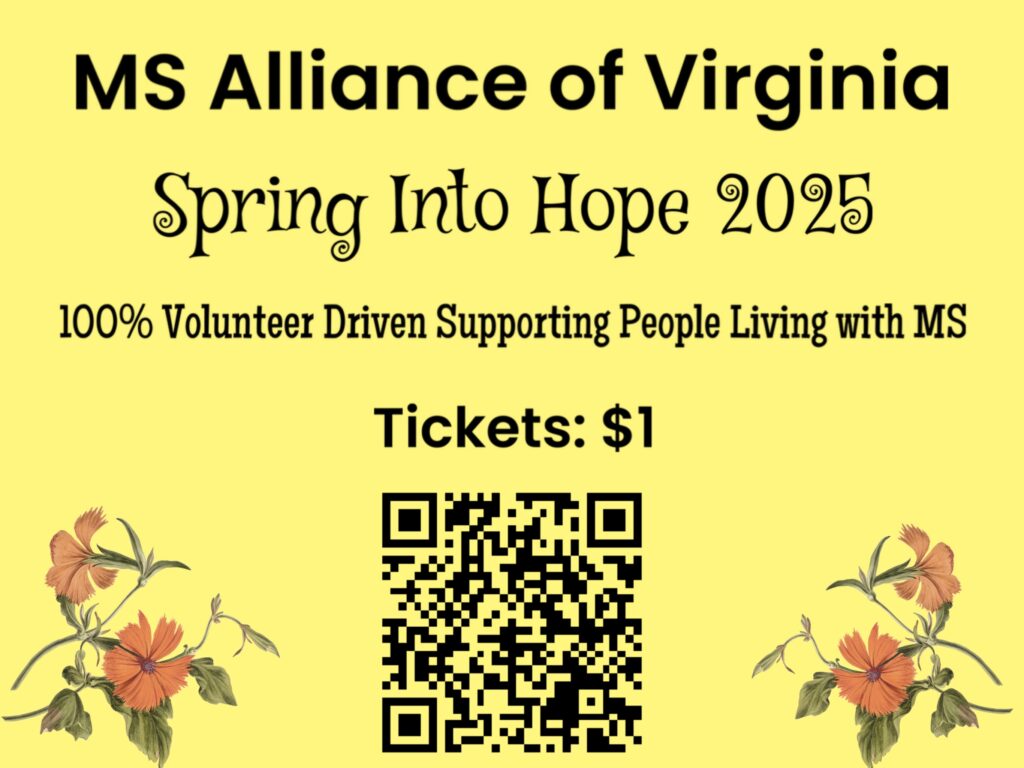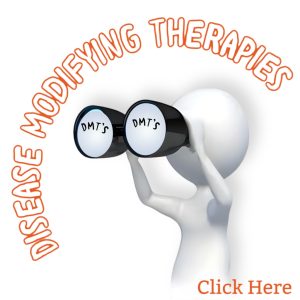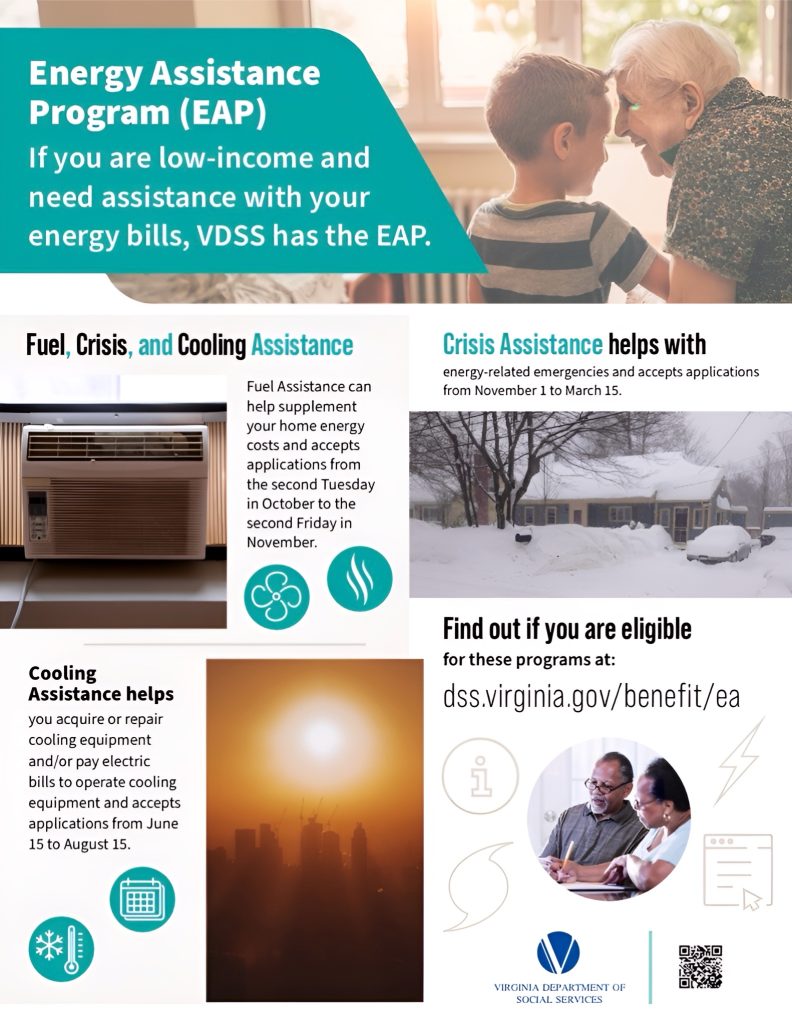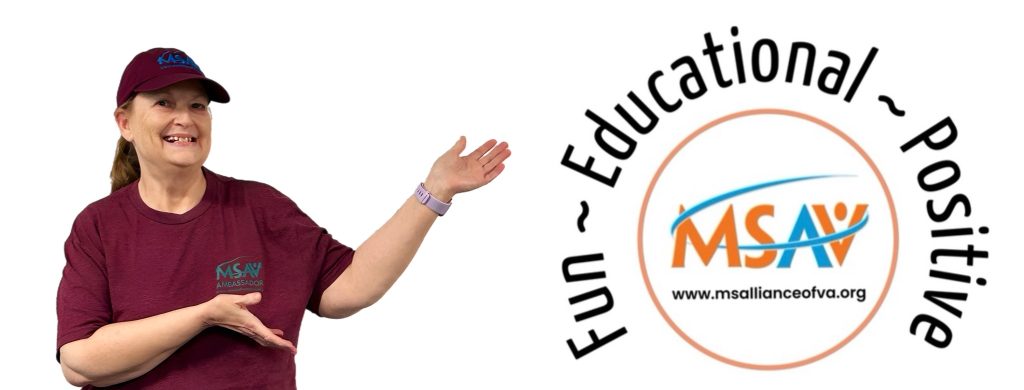
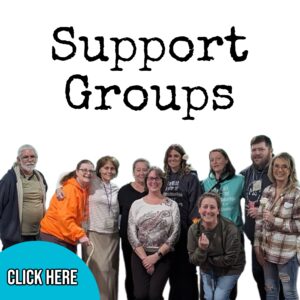
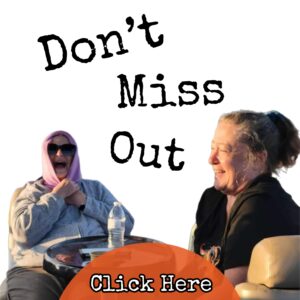
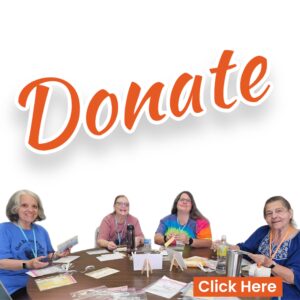

How to Spot the Signs of an MS Flare
More than two-thirds of the approximately 1 million people with multiple sclerosis (MS) in the United States have relapsing-remitting MS (RRMS), which means they have periods when their symptoms are severe — relapses — and periods when their symptoms are less severe,...
How Age Affects Multiple Sclerosis Symptoms and Progression
Most people with multiple sclerosis (MS) are diagnosed between age 20 and 50, though it can occur in children as well as in older adults, according to the National Multiple Sclerosis Society (NMSS). About 85 percent of people diagnosed with MS are initially diagnosed...
Your FAQs, Answered: Does Stress Affect MS? 4 More Questions
Everyone can relate to feeling stressed from time to time. It’s part of being a human. Stress is a normal response when there’s a perceived threat to survival or your way of life. Though your body’s natural response to stress — wanting to run away from it or fight it...
MS Prognosis: Multiple Sclerosis Life Expectancy
So what is the life expectancy for people with MS? There isn’t one clear answer. The National Multiple Sclerosis Society estimates that, on average, someone with MS lives about seven years less than the general population. A study of 30,000 people in the U.S. with MS...
B-Cell Therapy for Multiple Sclerosis
What Is B-Cell Therapy? B-cell therapy (also called B-cell depletion therapy) is a treatment for people with multiple sclerosis (MS). It targets cells called B cells that damage nerves in your brain and spinal cord. B-cell therapy isn’t a cure, but it can: Ease...
The Virginia Energy Assistance Program (EAP) assists low-income households in meeting their immediate home energy needs. The EAP consists of four components: Fuel Assistance, Crisis Assistance, Cooling Assistance and Weatherization Assistance. Click on the flyer for more information.
Our Mission Statement
Provide programs, events, activities and services for people living with MS in Southwest Virginia and the surrounding areas, including veterans.
Educate and empower people with MS, their care partners, friends and family. We will guide people to organizations that may be able to assist with their needs.
Contribute to awareness in the community, including educational programs to young people, first responders and community organizations.
Encourage and expand support groups to include assisted-living facilities, homebound people and help others start upbeat groups like ours.

